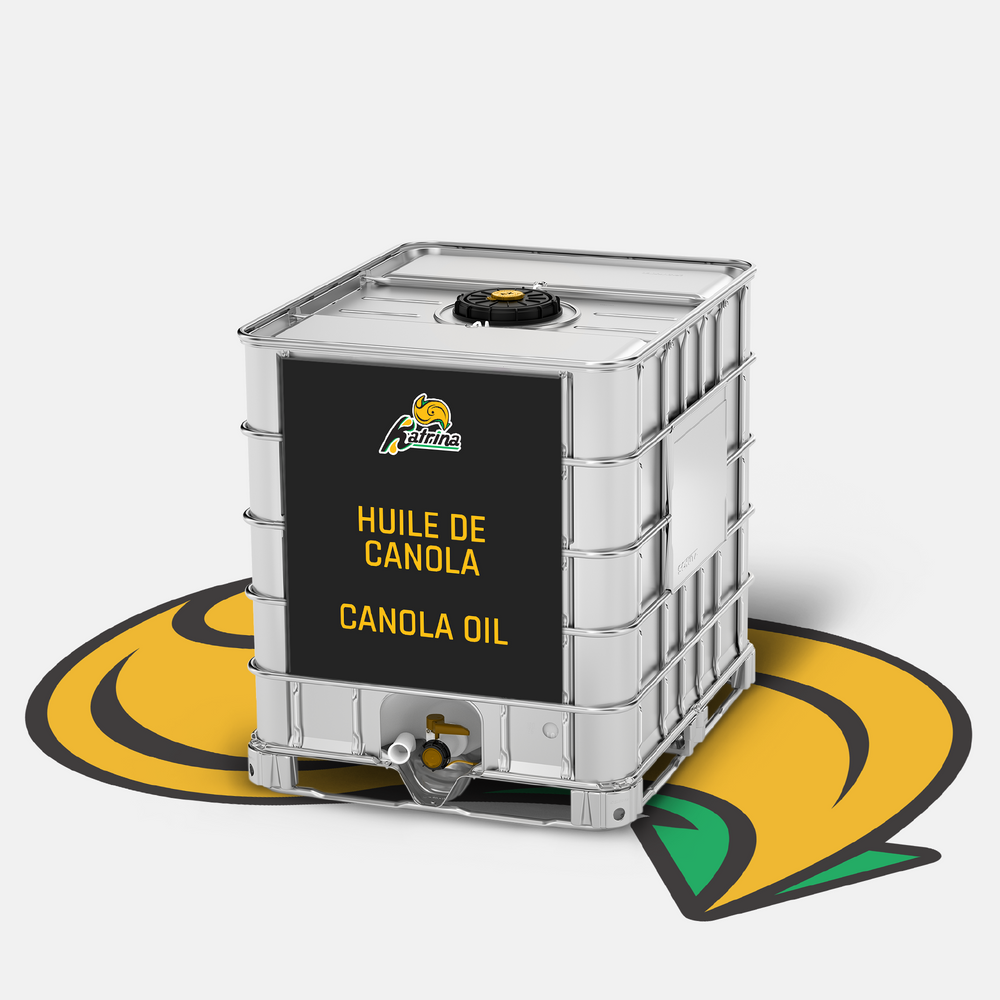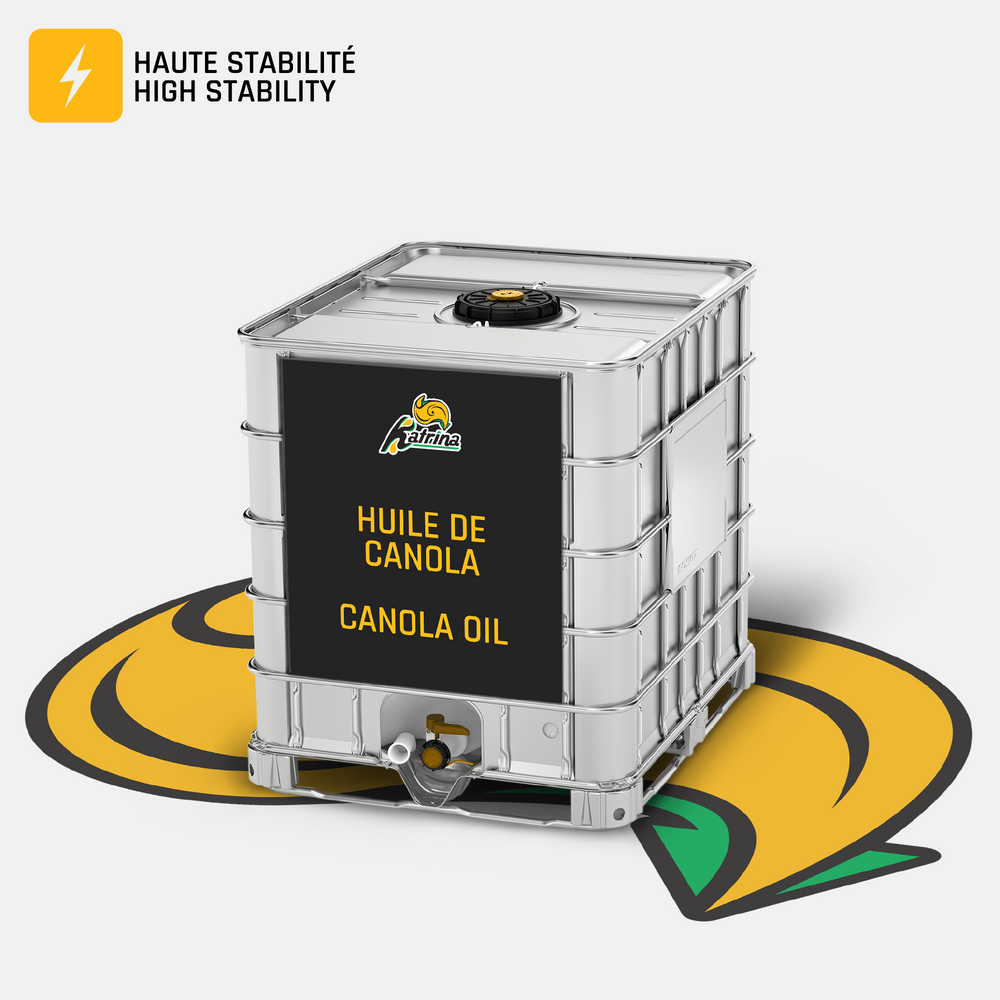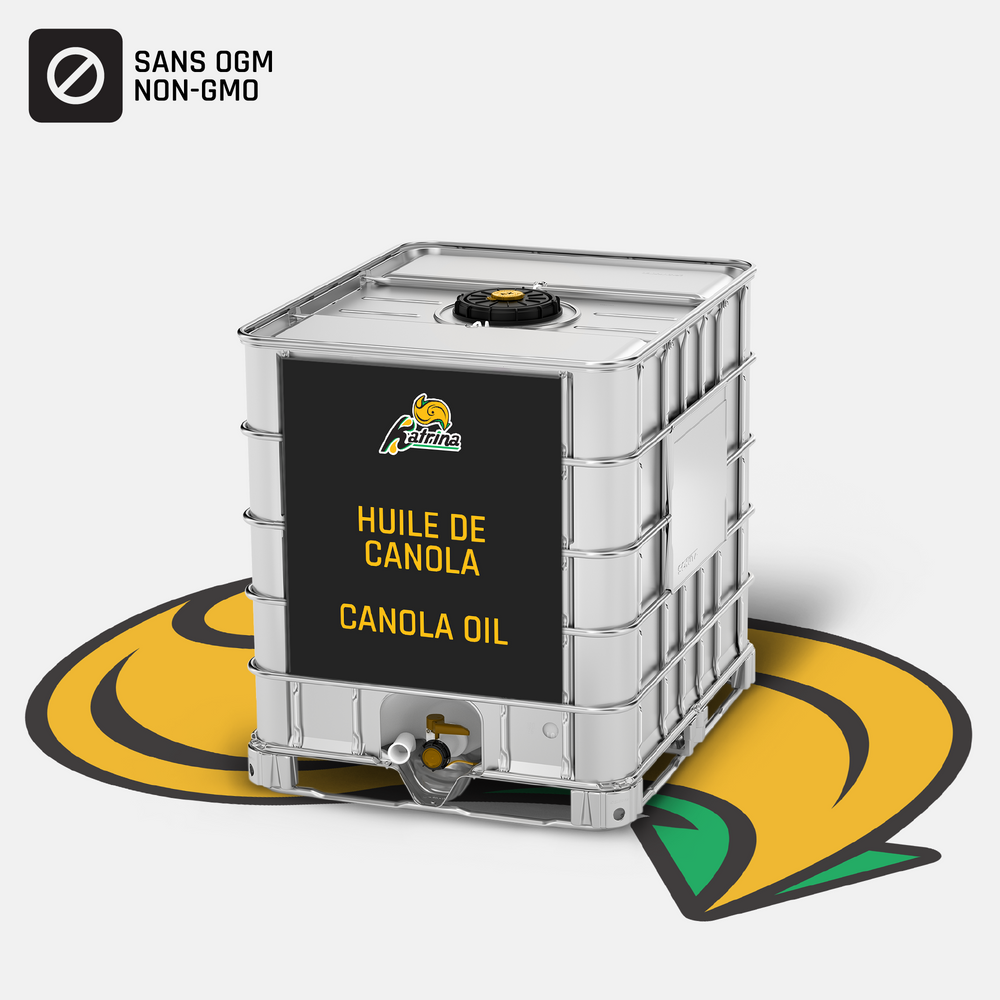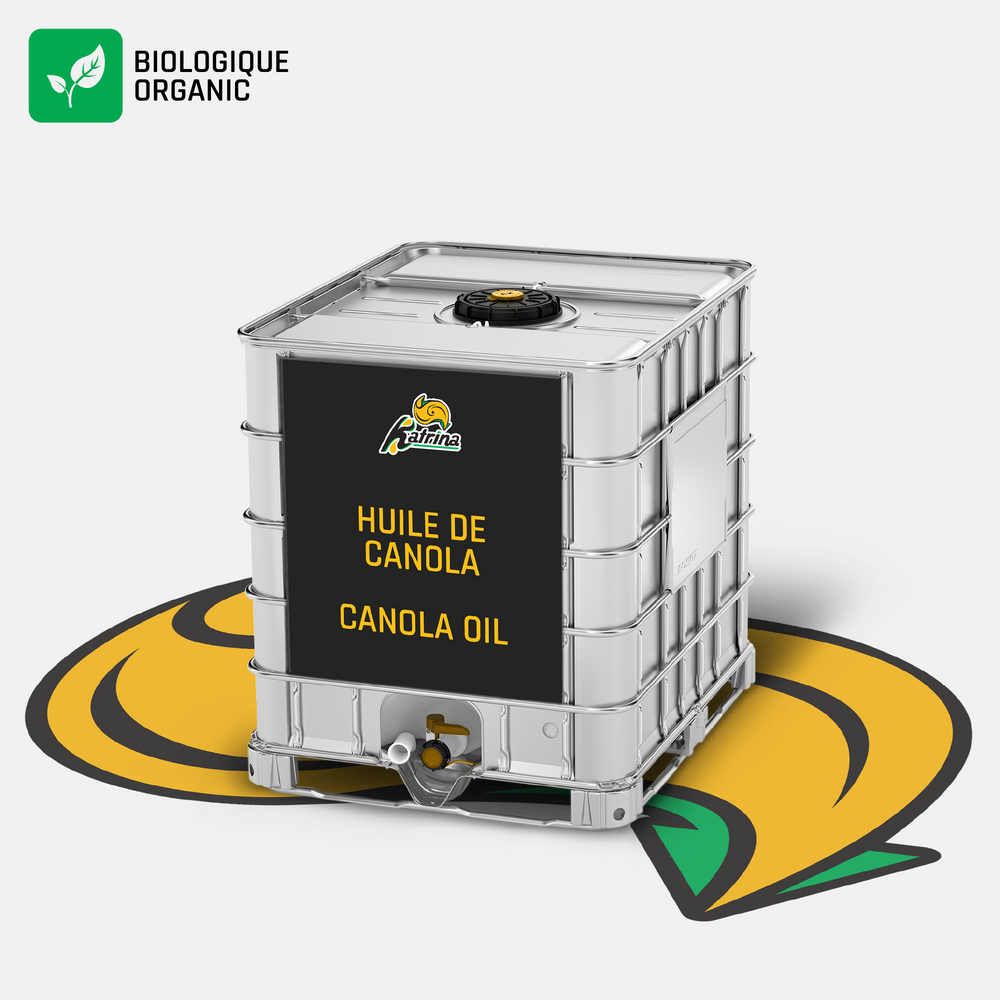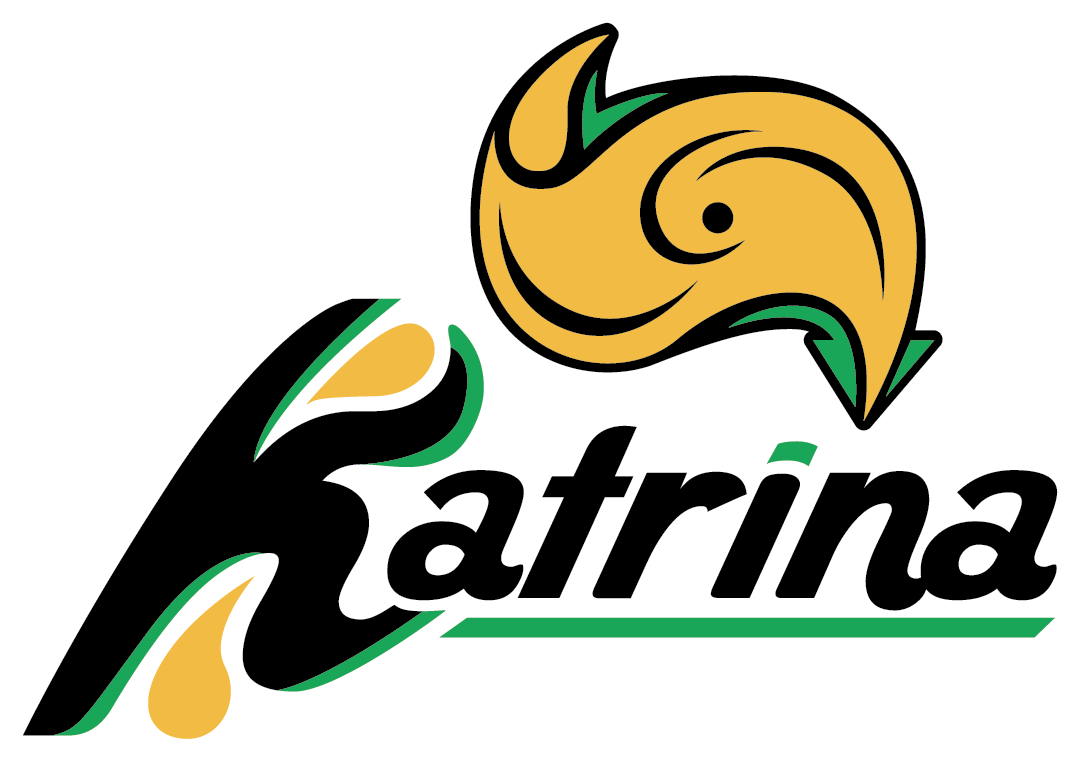Is Canola Oil Gluten-Free?
Yes, pure canola oil is naturally gluten-free. Canola oil is derived from the seeds of the canola plant and does not contain wheat, rye, barley, or other gluten-containing ingredients. This makes it a safe option for people with celiac disease, gluten sensitivity, or those following a gluten-free diet.
According to the Canola Council of Canada, canola oil is widely recognized as a healthy, plant-based oil with no relation to gluten-containing grains.
Understanding Canola Oil Production
Canola oil is produced by crushing canola seeds and extracting the oil through mechanical pressing or chemical processes. The canola plant belongs to the Brassicaceae family, which is unrelated to gluten-containing grains like wheat, rye, or barley.
The only concern about canola oil and gluten is the risk of cross-contamination during the production process. While canola oil is naturally gluten-free, you may want to double check with your supplier or check if the oil was processed in a dedicated gluten-free facility.
Bonus: For those following a vegan and gluten-free diet, canola oil is also an excellent choice. It’s naturally 100% plant-based!
Is Canola Oil Cooking Spray Gluten-Free?
While pure canola oil is gluten-free, canola oil cooking sprays may vary. Many cooking sprays are gluten-free, but some may contain additives or be processed in facilities that handle gluten-containing products. Always check the ingredient label and look for "gluten-free" certification.
Quality Assurance and Certification
When purchasing canola oil, look for certifications from trusted organizations like the Gluten-Free Certification Organization (GFCO) or the Gluten-Free Certification Program (GFCP). These certifications ensure the product meets strict gluten-free standards.
Other Gluten-Free Cooking Oils
According to the Celiac Disease Foundation, most pure cooking oils are naturally gluten-free, including:
- Olive Oil
- Coconut Oil
- Avocado Oil
- Sunflower Oil
- Vegetable Oil
However, flavoured oils or oils with added preservatives may sometimes include gluten-containing ingredients. Always check the label.
Tips for Using Canola Oil in a Gluten-Free Kitchen
For restaurants focused on offering a gluten-free menu, there are a few simple ways to avoid cross-contamination and keep your customers safe:
- Store gluten-free oils separately to avoid cross-contamination.
- Use separate utensils for gluten-free cooking.
- Clearly label oil containers to avoid confusion.
- Always double-check for gluten-free certification and allergen information.
Frequently Asked Questions
What oil isn’t gluten-free?
While most pure oils are gluten-free, gluten could be found in: flavoured oils, oils blended with wheat germ or malt-derived ingredients, or oils processed in facilities that handle gluten-containing products without separation protocols.
Conclusion
In conclusion, canola oil is a typically safe and versatile option for individuals adhering to a gluten-free diet. By understanding its production process, reading labels carefully, and being mindful of cross-contamination risks, you can confidently include canola oil in your gluten-free cooking.

